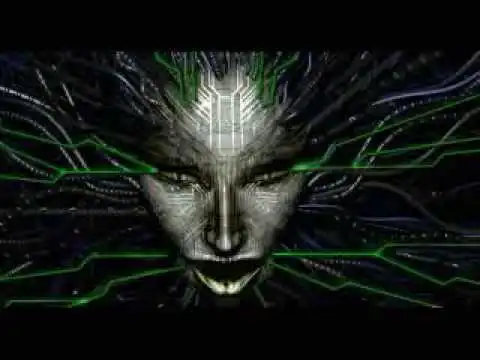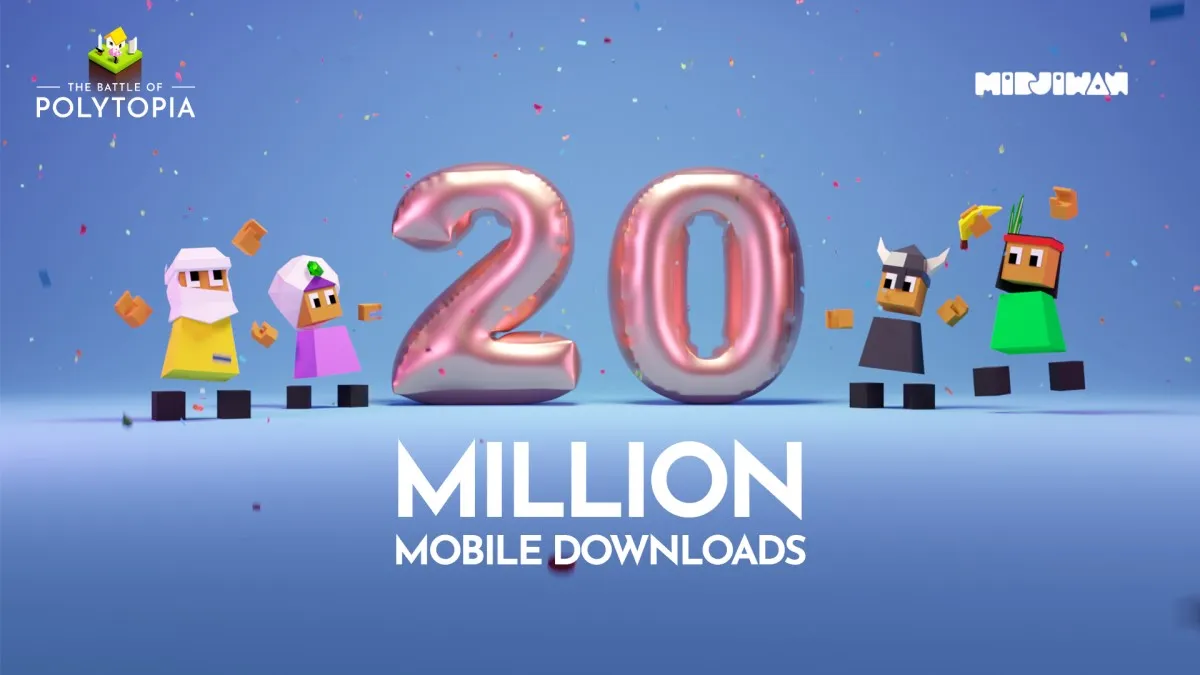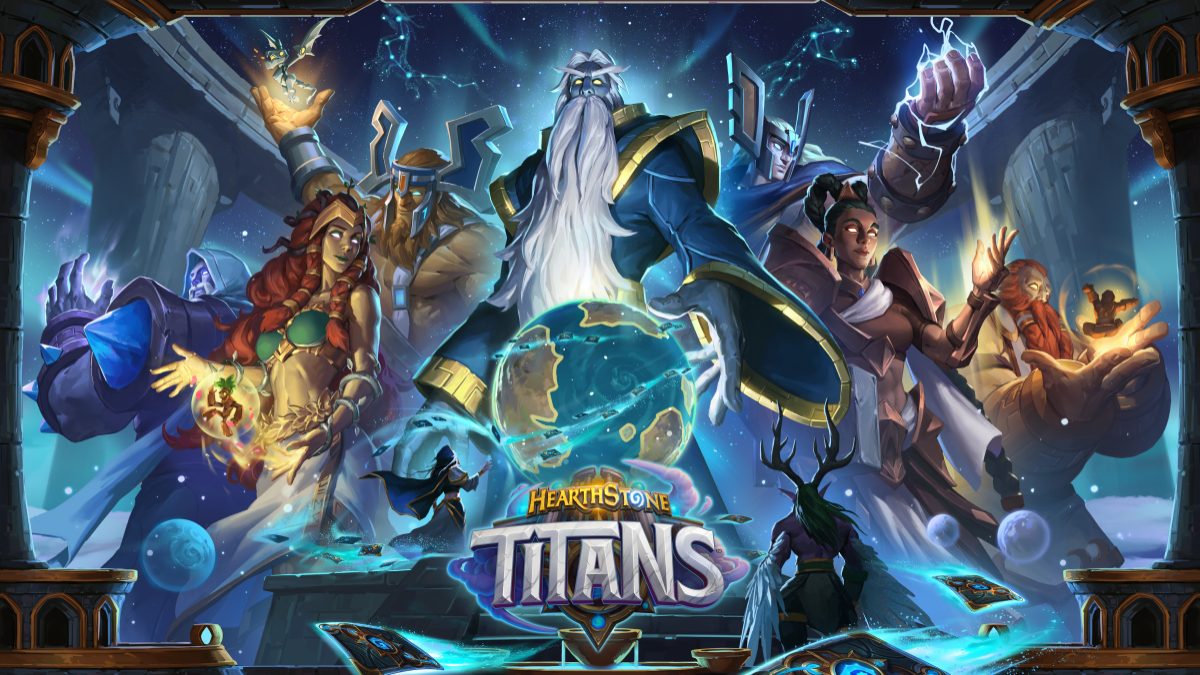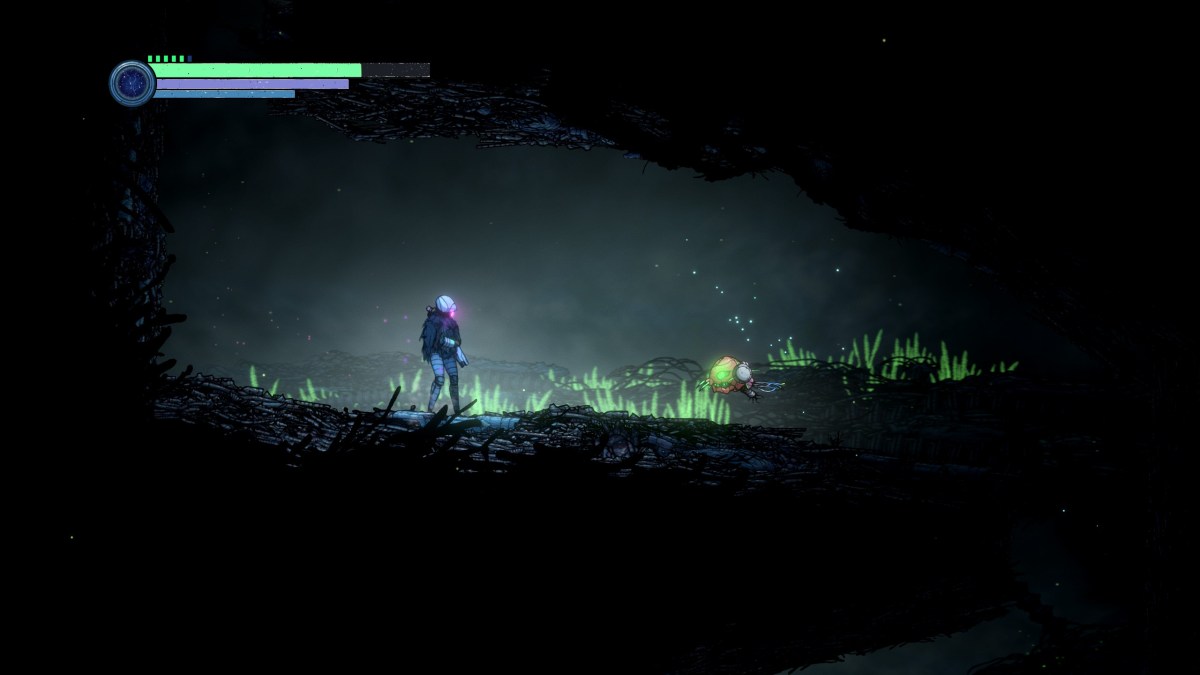Peter: Yeah, I think the Dark Souls comparison is an interesting one. I think the initial tutorial/training bit is actually really good. It was the bit after that with the tour of duty, where you have to choose some stats.
Dorian: You have to choose stats with no idea what you’re going to want, how good anything is … yes, it’s kind of embarrassing in hindsight.
Jon: I think it was inspired by the Traveller character creation system, I don’t know if you’re familiar with that old pen and paper RPG system?
Peter: Bizarrely, yes I am. It was a Games Workshop one wasn’t it?
Jon: I’m not sure why we picked on that, in retrospect. Given that it’s actually a pretty bad character creation system. The idea [in Traveller] was you would pick a service that you wanted to go into, which would guide your character in a particular direction. So if you wanted to learn spaceship piloting you’d pick the Navy, presumably. But then you’d have to role on a chart for every year of service to see what benefits you got.
Some of them were great, but there were also really bad ones were you could get killed. [Laughter] It did seem strangely brutal. “Well, I’m sorry, your game of Traveller is over!”
Peter: There are some bits in System Shock 2 where it says stuff like “the benefit of this tour is that it’ll improve your strength, the down side is the 20% mortality rate.” It would’ve been great if the game could actually kill you in character creation.
Jon: Right, right. And it’d be even better if that was just it. The game was over. “No, you can’t play again, you’re dead.” [Laughter] You only get one go at System Shock 2.
Peter: The ultimate challenge. Tim, I’ll bring you in here, did your findings gel with this stuff?
Tim: Yeah, for the most part. I don’t think I’ve played it since a few years after it first came out. Maybe ten years ago? I didn’t actually find the interface that bad, but I had to rebind all of the keyboard controls because WASD wasn’t really standard then I guess.
Jon: I think it was standard, but Looking Glass had their own standards that were a little divergent and we were using their engine for this.
Tim: The interface, in terms of the way you switch between the mouse-look and the inventory, I actually quite like. I didn’t find that particularly clunky at all, once I’d spent five minutes getting used to it again. But I did die quite a lot during the first hour of play. I blundered into a sentry gun and got shot to death, and then shortly afterwards a hybrid spawned somewhere behind me, clubbed me over the head and killed me. So yeah, I agree with the Dark Souls comparisons as well. It’s not the most forgiving of games.
Peter: Although to be honest I think it does avoid the death spiral thing pretty well. You do have to spend resources to revive and, it maybe doesn’t teach you this, but eventually you start to realise that health is easier to get hold of than bullets. It can be better just to die sometimes rather than waste all of your ammo.
Jon: But I don’t know if that’s a good thing. Maybe it is. I think one of our objectives, if we’d enunciated it, would have been we want you to be scared of dying.

Peter: Yeah … yeah. Well, you are certainly scared during the game. This is something we want to touch on actually. Were you guys fans of other horror type games or just horror media in general?
Jon: We were all fans of the original System Shock, and obviously a very large amount of inspiration for the game comes from that. The way we envisaged the game was a little bit of a cross between System Shock and Ultima Underworld, which of course were other games produced by Looking Glass.
So it has the setting, the characters and the claustrophobic feel of the original System Shock. But it has the roleplaying stats system from a more Ultima type game. Those were probably the biggest influences for the game. What do you think Dorian?
Dorian: I would be in general agreement with that. I personally wasn’t really a big horror game or genre fan, I was much more into the roleplay stuff. I was a big fan of Ultima Underworld and all the Ultima games. From my own numbers balancing point of view I knew on an intellectual level I was making it scary via resource scarcity, but I’m not a horror guy.
Jon: I think a lot of the horror comes from that though. For me the important part of System Shock 2 is the difficulty and the resource scarcity. I would probably describe it more as being about tension than horror. There’s a horror element to the story and characters are terribly disfigured or in pain or whatever, but that’s actually less important to me than the fact that the game is really, really hard.
It requires you to constantly be very focused and intense. There are a lot of things that can go wrong. That’s the most interesting aspect of it for me, and is also the thing that’s hard to find these days. That’s why I mention Dark Souls because it’s one of the few modern exceptions.
Tim: Yeah, I’ve got to agree with you Jon. It comes down to the resource scarcity and also the fact that you never really feel safe.
Jon: Yeah, the respawning I think is really important.
Tim: The horror aspects for me aren’t really down to, you know, the corpses everywhere and horrible monsters roaming the corridors. It’s more down to the unknown and this general sense of dread because you never feel safe, and because you have such scarce resources every encounter actually matters.
It’s a very fine balancing act and it seems to do it really, really well, which is something that a lot of games that purport to be horror games these days don’t tend to do. They focus more on jump scares, but as soon as you get your hands on a few weapons they suddenly aren’t scary any more.
Jon: Yeah, I think they focus a lot on the props, the visual stuff. Games that have horrific characters, or horrific fictional things happening, I never really find scary. You start playing the game and figure out very quickly whether it’s going to hold to the standard game contract that they make with players these days. Which is: don’t worry, this game’s not going to be that hard. [Laughter] We’re never going to punish you. If you get things wrong you’ll get to try again. If you want to just leave the game, if you’ve cleared out an area, it’s safe, don’t worry, you can hoover up all the stuff that’s there and nothing’s going to hassle you. We’ve made sure the game is a little bit challenging, but I absolutely guarantee you that nothing’s going to be too hard.
Once that contract is made, I don’t feel scared. And it doesn’t matter if you show me, you know, “oh my god, look at this guy he’s got tentacles coming out of his head, doesn’t that freak you out?” [Laughter] Well, not really, no. I’ve seen it before and I know he’s just another guy with a bunch of hit points and a gun or whatever. You can do some tricks like turning out the lights, having people jump out of closets … but it doesn’t do it for me. It’s the unknown, it’s the fear, the unsettling notion that the game is prepared to screw around with you and set you back, that’s what makes a game scary to me. At least provide some tension.
Dorian: Well yes, I think that’s an important semantic distinction, if we’re talking about genre and fear. There are different ways of defining horror, I guess. One is bloody corpses and gore everywhere, but I was thinking about the scariest moments of playing System Shock 2 over the last few days and I think I was the most scared in the cargo bays. There are those casks of protocol robots, where some of them would burst open and reveal droids that just walk towards you and explode. Not only are they not gory and not objectively or artistically scary, they’re kind of funny. They talk rather solicitously about how they can help you while they walk relentlessly towards you and explode.
Facing a dark corridor where there are eight crates of these things and maybe one of them will burst open and this thing will come out. That to me is meaningful horror. There’s no blood, no tentacles, but that’s what scares me more about the game than the blood-splattered vignettes we have in there.







Published: Aug 22, 2013 10:21 pm